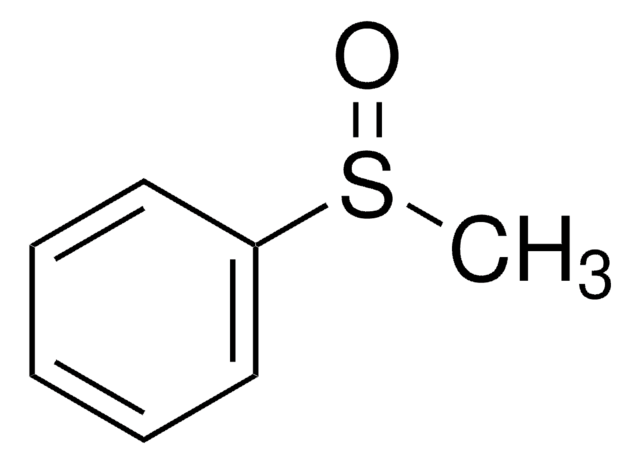308374
Lithium thiocyanate hydrate
Synonym(s):
Lithium rhodanide
Sign Into View Organizational & Contract Pricing
All Photos(3)
About This Item
Linear Formula:
LiSCN · xH2O
CAS Number:
Molecular Weight:
65.02 (anhydrous basis)
Beilstein:
3623307
EC Number:
MDL number:
UNSPSC Code:
12352302
PubChem Substance ID:
NACRES:
NA.23
Recommended Products
Assay
98.0-102.0% dry basis (silver nitrate titration)
Quality Level
form
solid
SMILES string
[H]O[H].[Li]SC#N
InChI
1S/CHNS.Li.H2O/c2-1-3;;/h3H;;1H2/q;+1;/p-1
InChI key
UNTVNJAFDYEXLD-UHFFFAOYSA-M
Looking for similar products? Visit Product Comparison Guide
Related Categories
Signal Word
Warning
Hazard Statements
Precautionary Statements
Hazard Classifications
Acute Tox. 4 Dermal - Acute Tox. 4 Inhalation - Acute Tox. 4 Oral - Aquatic Chronic 3
Storage Class Code
11 - Combustible Solids
WGK
WGK 2
Flash Point(F)
Not applicable
Flash Point(C)
Not applicable
Personal Protective Equipment
dust mask type N95 (US), Eyeshields, Gloves
Choose from one of the most recent versions:
Already Own This Product?
Find documentation for the products that you have recently purchased in the Document Library.
Customers Also Viewed
Paul D Lane et al.
Physical chemistry chemical physics : PCCP, 22(17), 9438-9447 (2020-04-22)
The liquid-liquid transition in supercooled liquid water, predicted to occur around 220 K, is controversial due to the difficulty of studying it caused by competition from ice crystallization (the so-called "no man's land"). In aqueous solutions, it has been predicted
Barbara Gorska et al.
Physical chemistry chemical physics : PCCP, 19(11), 7923-7935 (2017-03-07)
This manuscript reports on the novel insight into the development of high voltage carbon/carbon electrochemical capacitors operating in aqueous solutions of alkali metals and ammonium thiocyanates (KSCN, NaSCN, LiSCN, and NH
Qianglu Lin et al.
Journal of the American Chemical Society, 139(19), 6644-6653 (2017-04-22)
The use of semiconductor nanocrystal quantum dots (QDs) in optoelectronic devices typically requires postsynthetic chemical surface treatments to enhance electronic coupling between QDs and allow for efficient charge transport in QD films. Despite their importance in solar cells and infrared
Our team of scientists has experience in all areas of research including Life Science, Material Science, Chemical Synthesis, Chromatography, Analytical and many others.
Contact Technical Service














